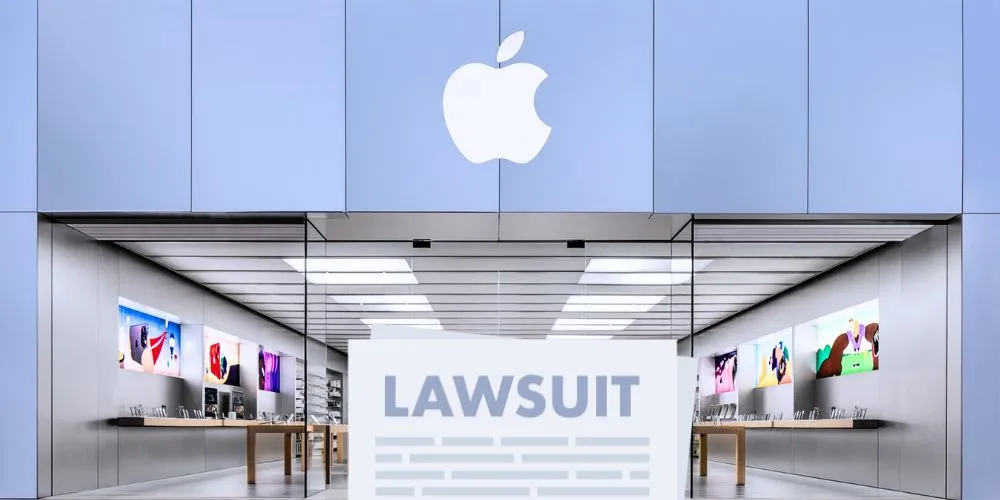Key Points:
- The U.S. files a lawsuit against Apple against tech giant Apple, aiming to enhance competition in the smartphone market.
- EU regulations have prompted changes in Apple’s practices, including adopting USB-C chargers and alternative app store options.
- App developers in the EU and the U.S. now have more flexibility in directing users to their websites for purchases.
- The lawsuit’s outcome could significantly affect competition and consumers in the smartphone industry. Apple is concerned about regulatory interventions.
The United States has taken legal action against tech giant Apple, aiming to enhance competition in the smartphone market and to provide opportunities for smaller companies to develop apps for the ubiquitous iPhone. The Justice Department filed the lawsuit against Apple’s $2.7 trillion empire, alleging that the company’s practices have stifled competition and driven up prices.
Apple has countered, asserting that the lawsuit threatens the company and its core principles that differentiate its products in a competitive market. However, the outcome of the legal battle could bring about changes similar to those witnessed in Europe, where regulatory interventions prompted adjustments to Apple’s popular smartphone.
One significant change resulting from EU regulations is Apple’s adoption of USB-C chargers, aligning with the standard used by Android-based devices. This move was mandated by a 2022 EU law, facilitating interoperability and allowing consumers to use existing chargers across different devices.
Moreover, Europe has implemented rules that offer alternatives to Apple’s App Store, enabling users to download applications from rival sources. By bypassing Apple’s commission fees, developers can offer cheaper apps, fostering competition and expanding the range of available applications.
Additionally, the EU and the U.S. have addressed payment processing concerns for app developers. In Europe, new regulations permit developers to direct users to their websites for purchases, circumventing Apple’s in-app purchasing system and associated fees. Similarly, in the U.S., pressure from legal challenges, such as the lawsuit from Fortnite-maker Epic Games, has led to changes in Apple’s policies regarding in-app purchases.
In response to EU regulations, Apple has also adjusted its approach to default web browsers on iPhones. While Safari has historically been the default browser, recent software updates allow users to choose alternative browsers upon opening Safari, enhancing user choice and competition in the browser market.
Apple has criticized some of these regulatory changes, particularly regarding default browser options. It argues that users may be presented with choices without adequate information, potentially disrupting their browsing experience.





